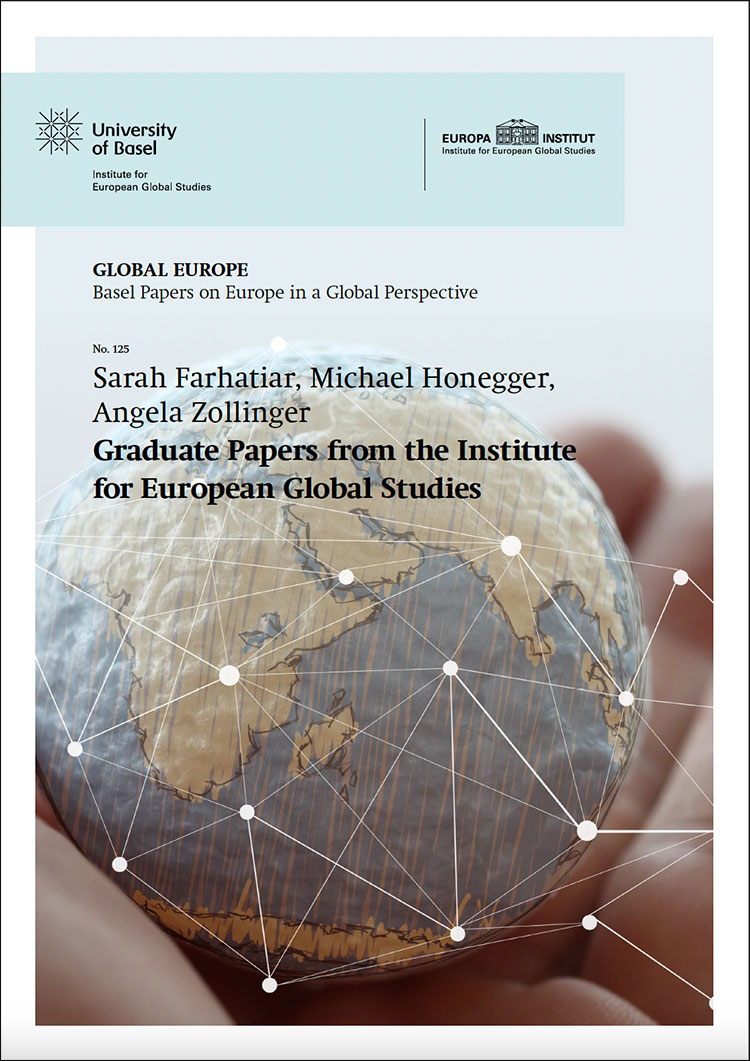A Differentiated View on the Interplay Between Democratic and Territorial Peace Theory
Schlagworte:
International Conflict, Democratic Peace, Territorial Peace, Democratic Institutions, Peace and Conflict Research, MIDsAbstract
Democratic peace theory has strongly influenced peace research and Western foreign policy but is strongly contested by territorial peace theory. The current literature underestimates the role of civil society when assessing the effects of political systems on conflict behavior. The work presented here claims that the democratic peace holds when the civic component of democracy is taken into account, even when controlling for border settlement. Furthermore, it is argued that the relationship between horizontal checks and balances within the political system and peace is confounded. The hypotheses are tested, applying a quantitative approach assessing data on militarized interstate disputes (MID) from 1816 to 2001. The different models estimated suggest that a well-established democratic civil society has an appeasing impact on the relations between democracies which is not confounded. However, the results do not support the claim that the relationship between horizontal checks and peace is spurious.


